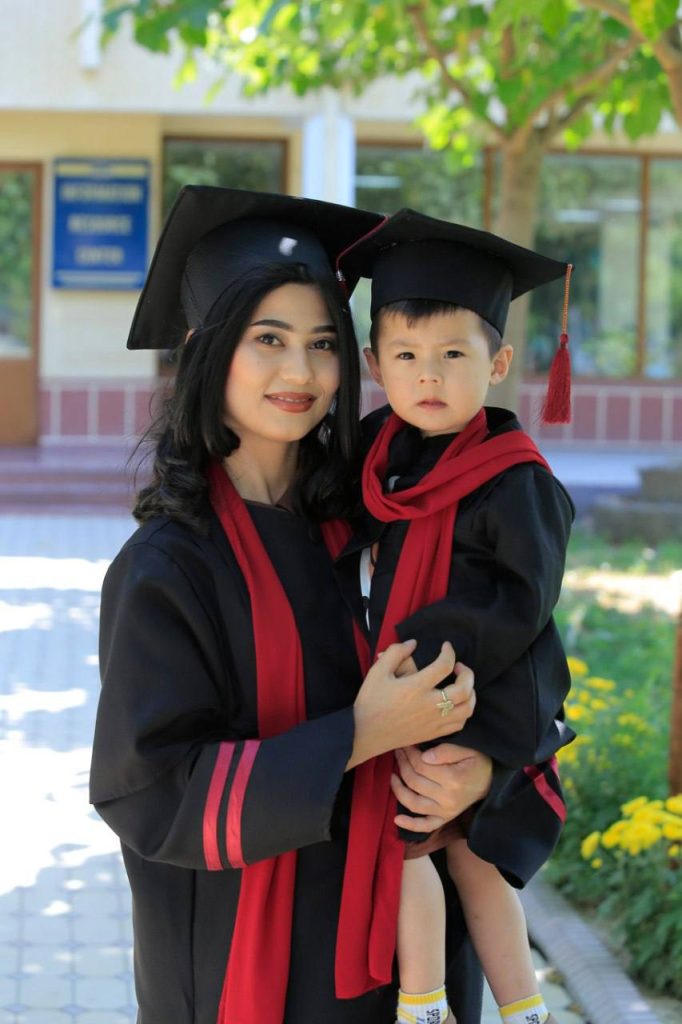
Introduction
Linguistics, as one of the most important fields of human thought, culture, and social life, studies language phenomena both theoretically and practically. In the 21st century, the rapid development of science and technology, globalization, and the growth of information flows place new challenges before linguistics. Therefore, among the current issues of modern linguistics, the development of national languages, terminology, language teaching (linguodidactics), translation studies, computational linguistics, and sociolinguistics occupy a special place.
Main Part
1. Development of the National Language
The national language plays a central role in the cultural and spiritual life of society. Developing the language based on literary norms and ensuring its full use in public administration, education, and science is one of the most urgent tasks of linguistics.
2. Terminology and New Terms
Scientific and technical progress constantly introduces new concepts. It is important to create consistent and nationally appropriate terms in Uzbek to express these concepts and to form a unified system of terminology.
3. Linguodidactics and Education
The process of teaching language requires the use of new methods, digital resources, and interactive approaches. In particular, teaching Uzbek effectively to foreigners is among today’s pressing issues.
4. The Importance of Translation Studies
High-quality translation of the cultural and scientific heritage of other nations into Uzbek, as well as the translation of our national literature into other languages, strengthens cultural ties. It is essential to preserve semantic accuracy and national identity in the process of translation.
5. Computational Linguistics
Modern technologies have given rise to a new field in linguistics. Developing an electronic corpus of the Uzbek language, creating automatic translation programs, speech recognition systems, and artificial intelligence–based projects are among the most important current tasks.
6. Sociolinguistics and Speech Culture
Language and society are closely interconnected. Issues such as innovations in youth speech, the influence of internet language, and the relationship between dialects and the literary language are at the center of sociolinguistic research. At the same time, it is necessary to promote speech culture and adherence to literary norms.
Conclusion
In conclusion, the current issues of linguistics are directly linked to the development of modern society. Developing the national language, improving terminology, advancing translation studies, enriching language teaching methods, developing computational linguistics, and addressing sociolinguistic challenges are the main tasks facing linguistics today. Preserving and developing language in accordance with the demands of the time serves as a strong foundation for the future of the nation.
Sobirova Samiya Muhammadjon qizi was born on May 1, 2001, in Baliqchi district, Andijan region. She completed her studies at Secondary School No. 50 in the district and later graduated from Namangan State University with a degree in Uzbek language. During her student years, she was an active participant in the “Zakovat Intellectual Club.” Together with her team, she took part in various events and achieved honorary places.
Currently, she works as a teacher of the Uzbek language and literature at Secondary School No. 86 in Yangi Namangan district, Namangan region. Since childhood, Samiya has had a deep interest in Uzbek and Turkish literature. For this reason, she also mastered the Turkish language and earned a certificate. Her ultimate goal is to become a highly qualified specialist in her profession and to share the valuable knowledge she has acquired with future generations.
